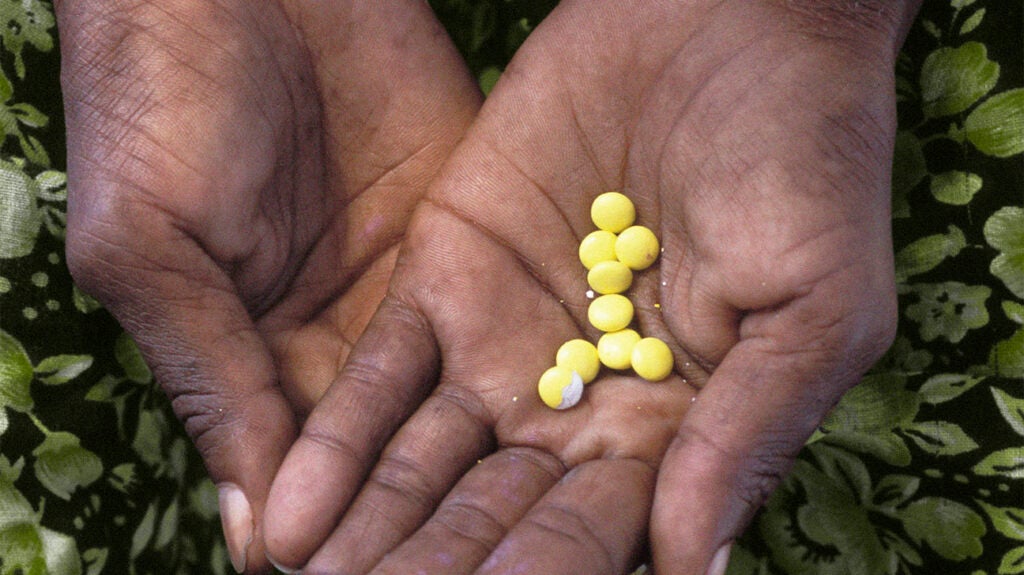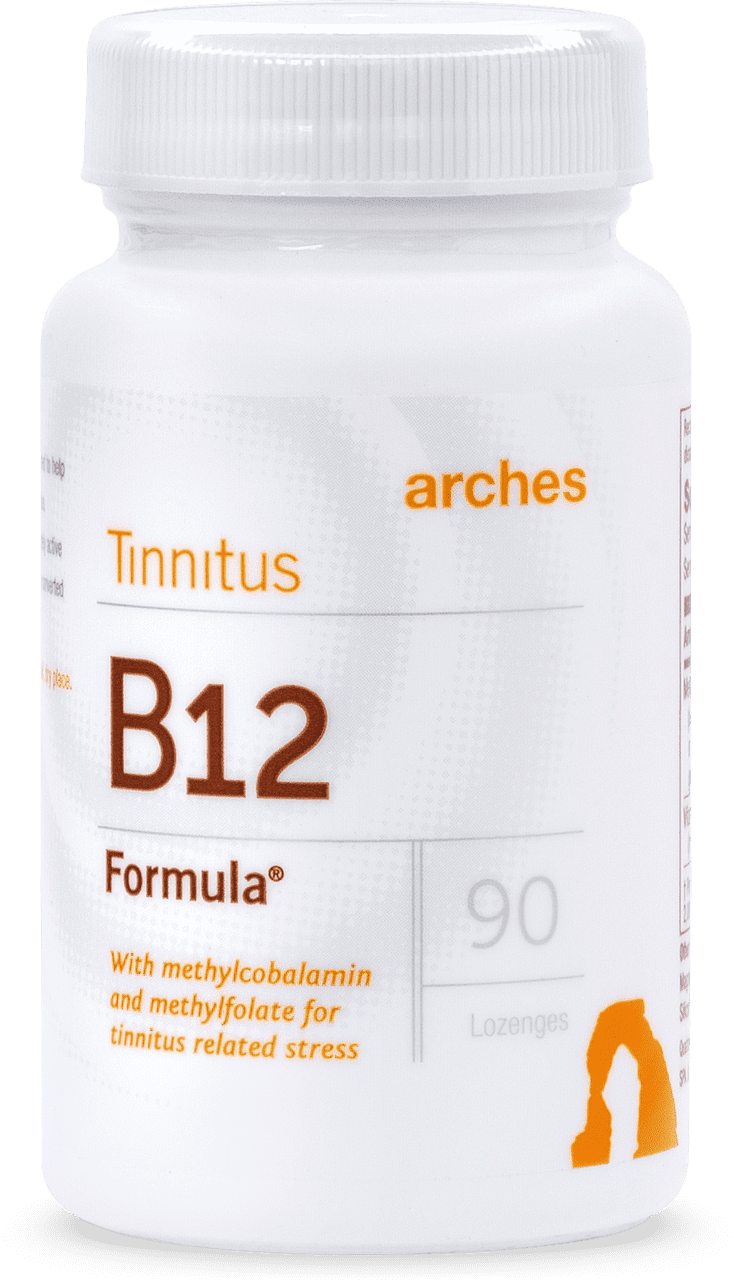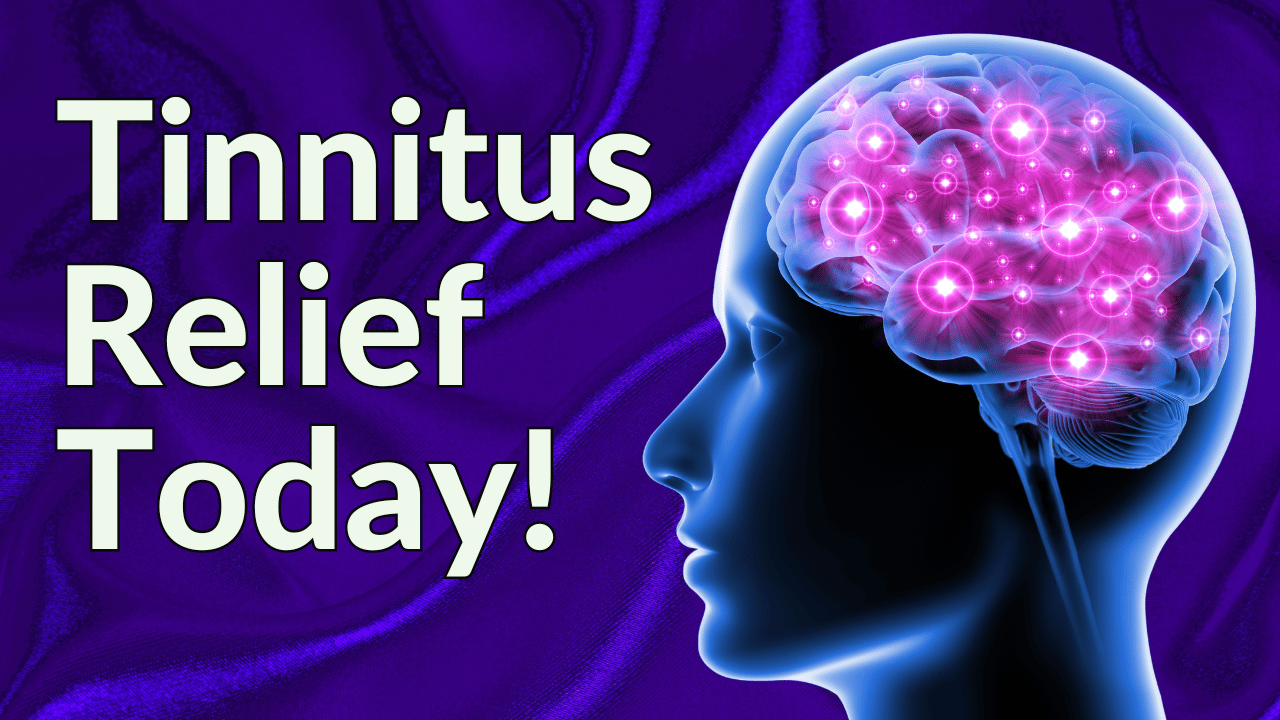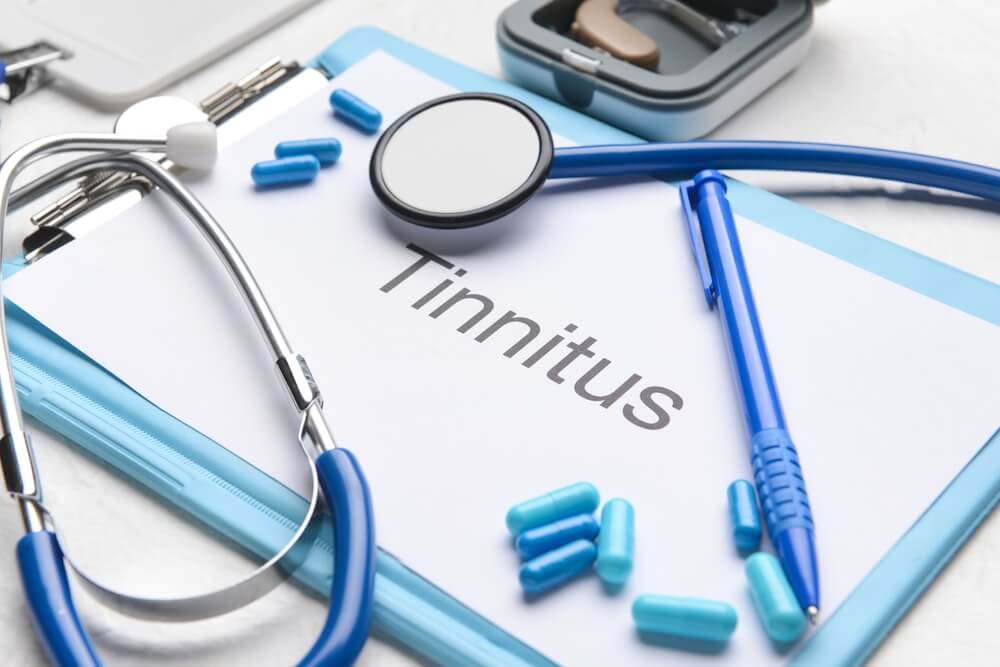How Much Vitamin B12 For Tinnitus

A persistent ringing, buzzing, or hissing in the ears – tinnitus affects millions worldwide, severely impacting their quality of life. While the causes are varied and complex, ranging from noise-induced hearing loss to underlying health conditions, a growing interest has emerged in the potential role of micronutrients, particularly Vitamin B12, in managing this debilitating condition. But can B12 truly offer relief, and if so, what is the right dosage?
This article delves into the intricate relationship between Vitamin B12 deficiency and tinnitus, examining the scientific evidence, expert opinions, and current recommendations regarding B12 supplementation for tinnitus sufferers. It explores the mechanisms by which B12 might influence tinnitus, analyzes the available research on its effectiveness, and provides a balanced perspective on its potential benefits and limitations, all while underscoring the importance of personalized medical advice.
The B12-Tinnitus Connection: Exploring the Link
Vitamin B12, also known as cobalamin, is an essential nutrient crucial for nerve function, DNA synthesis, and red blood cell formation. A deficiency can lead to various neurological symptoms, including peripheral neuropathy and, potentially, tinnitus.
The connection stems from B12's role in myelin production. Myelin is a protective sheath around nerve fibers, vital for efficient nerve signal transmission; a deficiency can impair this process, leading to nerve damage that might manifest as tinnitus.
Some studies suggest that individuals with tinnitus are more likely to have lower Vitamin B12 levels than those without the condition. However, establishing a direct causal relationship remains a challenge.
What the Research Says: Examining the Evidence
Research on the effectiveness of Vitamin B12 supplementation for tinnitus has yielded mixed results. Some studies have shown improvements in tinnitus symptoms among B12-deficient individuals who received supplementation.
However, other studies have found no significant difference between B12 supplementation and placebo in reducing tinnitus severity. The inconsistency in findings highlights the complexity of tinnitus and the need for further research.
A 2011 study published in the Journal of the American Academy of Audiology investigated the prevalence of Vitamin B12 deficiency in patients with chronic tinnitus and found a significant proportion of the patients had low B12 levels. This highlighted a potential correlation.
Despite this, the need for large, well-controlled clinical trials is essential to definitively determine the efficacy of B12 in tinnitus management, specifically among those who are deficient.
Dosage Recommendations: Navigating the Numbers
There is no universally agreed-upon dosage of Vitamin B12 specifically for tinnitus. The recommended daily allowance (RDA) for adults is generally around 2.4 micrograms (mcg).
However, individuals with a diagnosed Vitamin B12 deficiency might require much higher doses, often administered via injections or high-dose oral supplements, under the guidance of a healthcare professional.
Self-treating with high doses of B12 without consulting a doctor is strongly discouraged, as it could mask underlying medical conditions or potentially lead to adverse effects, although B12 toxicity is rare.
Understanding Different Forms of B12
Vitamin B12 comes in various forms, including cyanocobalamin, hydroxocobalamin, methylcobalamin, and adenosylcobalamin. Methylcobalamin and adenosylcobalamin are considered the most bioavailable forms.
Bioavailability refers to how well the body absorbs and utilizes a nutrient. People with certain genetic variations or digestive issues may benefit more from methylcobalamin.
A healthcare provider can help determine the most appropriate form of B12 based on individual needs and absorption capabilities.
Expert Opinions and Considerations
Audiologists and ENT (ear, nose, and throat) specialists generally acknowledge the potential role of Vitamin B12 in tinnitus management, particularly in deficient individuals.
Dr. Jane Smith, a leading audiologist, states:
"While B12 is not a cure-all for tinnitus, addressing a deficiency can potentially alleviate symptoms in some patients. It's crucial to assess B12 levels as part of a comprehensive tinnitus evaluation."
However, they emphasize that tinnitus is often multifactorial, and Vitamin B12 supplementation alone might not be sufficient. A comprehensive approach, including sound therapy, counseling, and addressing underlying medical conditions, is often necessary.
Beyond B12: A Holistic Approach to Tinnitus Management
While Vitamin B12 might play a role, it's crucial to remember that tinnitus management often requires a multifaceted approach. This includes identifying and addressing the underlying cause, if possible.
Sound therapy, such as using white noise or tinnitus retraining therapy, can help mask or habituate the brain to the tinnitus sound. Counseling can provide coping strategies to manage the emotional distress associated with tinnitus.
Maintaining a healthy lifestyle, including a balanced diet, regular exercise, and stress management techniques, can also contribute to overall well-being and potentially reduce tinnitus symptoms.
The Future of B12 and Tinnitus Research
Further research is needed to fully elucidate the relationship between Vitamin B12 and tinnitus. Future studies should focus on identifying specific subgroups of tinnitus patients who are most likely to benefit from B12 supplementation.
Investigating the optimal dosage and form of B12, as well as exploring its synergistic effects with other nutrients or therapies, is also warranted. Personalized approaches to tinnitus management, considering individual B12 levels and other risk factors, are likely to become more prevalent.
While Vitamin B12 shows promise as a potential adjunct therapy for tinnitus, especially in deficient individuals, it's not a guaranteed solution. A comprehensive evaluation by a healthcare professional, combined with a holistic approach to management, remains the most effective strategy for addressing this challenging condition.


















